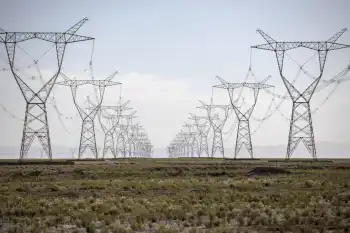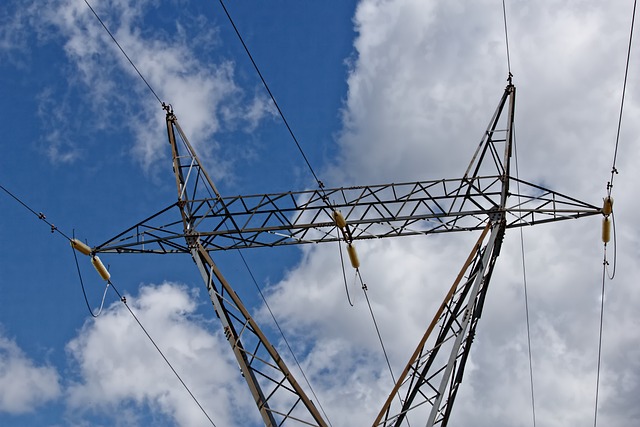Agency may cause glitch in power plan
By New Jersey Star-Ledger
NFPA 70b Training - Electrical Maintenance
Our customized live online or in‑person group training can be delivered to your staff at your location.

- Live Online
- 12 hours Instructor-led
- Group Training Available
The Federal Energy Regulatory Commission approved a request by two subsidiaries of Public Service Enterprise Group to plug into the lucrative New York City market, selling power from its 550-megawatt natural gas-fired plant in Ridgefield. Consumer advocates had opposed the move because they feared it jeopardized the reliability of the power grid and could lead to price increases for customers in New Jersey.
The federal agency, however, said it turned down the companies' request they sever their ties to the PJM Interconnection, the regional power grid serving more than 50 million customers in 13 states and stretching from the eastern seaboard to Illinois. That wrinkle in the order might lead PSEG to drop the project, critics said.
"It certainly raises the question whether the project moves forward," said Stephanie Brand, director of the ratepayer advocate office for the Public Advocate. "It's clear that FERC is looking at the impact on PJM. We wanted them to look at not only the positive impact on New York, but the negative impact on PJM."
The project, which is a response to a proposal by the New York Power Authority, comes at a time when customers in New Jersey face steeply rising electric bills, caused in part, by fast growing demand for electricity, a lack of new power plants to meet those needs and a heavily congested transmission power grid, which also leads to higher prices for customers.
Edwin Selover, general counsel and executive vice president of PSEG, said the company was pleased by the ruling.
"The order recognizes that a NYPA contract would be entitled to priority for the sue of the line," he said. The authority is expected to make a decision on who wins the contract later this month.
PSEG previously said it would replace the power from the Bergen plant with electricity from a smaller generating unit at the same site as well as reconsider mothballing another power plant it owns in Jersey City.
Steven Goldenberg, an attorney who represents large commercial and industrial customers and who had opposed the project, said the case underscores why the state needs to take better control of its energy destiny.
"It's why we are advocating creation of a power authority. If this goes forward, it jeopardizes reliability and our ability to keep the lights on as well as increasing the price we pay for electricity," he said.











